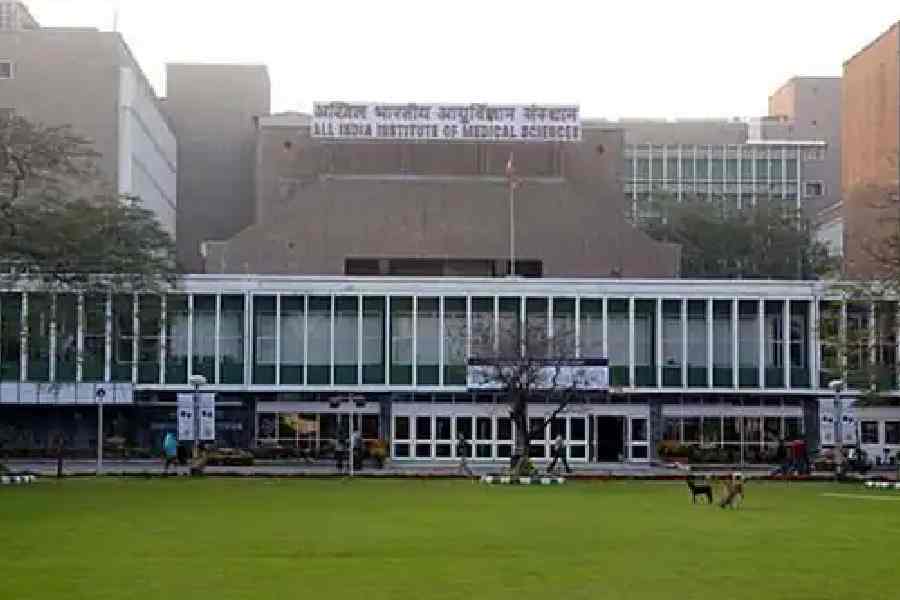A commission set up to promote education among the minorities is running with just one member against a stipulated strength of four.
The posts of chairperson and two members are vacant in the National Commission for Minority Educational Institutions (NCMEI), a quasi-judicial body that grants minority certificates to institutions set up by minorities for the promotion of education within their communities.
The commission has had no Christian member for the past eight years.
The NCMEI Act says the commission should have a chairperson and three other members from the minority communities, all of them nominated by the central government for five-year terms.
The chairperson should be a former high court judge and the other members must be people of eminence, ability and integrity, the act says.
Justice Narendra Kumar Jain stepped down as chairman on September 30. Two members, N. Abidi and B.S. Mann, had completed their tenures in December 2020. Sahid Akhtar is the lone commission member at present.
Government sources said some 124 applications were now under the consideration of the commission.
Former NCMEI member Jessy Kurian said a bench of multiple members is better placed to adjudicate on matters. “In the interest of minority institutions, the government should fill the vacant positions without further delay,” she said.
Kurian flagged another problem: long delays in the issuance of minority certificates because of delays in inspections of the institutions.
She said the provision of an inspection by a three-member committee — made up of the district collector and officials from the state education and minority welfare departments — was unnecessary.
The commission introduced this provision about three years ago after it found that some trusts and societies had applied for minority certificates for non-existent institutions.
But the inspections are often delayed because the three civil servants who make up the committee cannot find the time.
“Instead, the commission can set up a committee of two advocates for the purpose,” Kurian said.
She felt that the government was not keen on granting the minority status to institutions.
“In view of the vacancy of members in the NCMEI and the delays in the inspection process, it is deemed that the government has no intention of granting minority status to institutions. Delay defeats justice,” Kurian said.
Advocate Ravi Sagar expressed dismay at the lack of Christian representation in the commission for the last eight years. Cyriac Thomas, the last Christian member of the commission, ended his tenure on April 11, 2015.
“Among the minority communities, the Christians have set up a large number of educational institutions. It is expected that there should be at least one member from the community in the commission. But for eight years, there have been no Christian members. There is no justification for it,” Sagar said.
In 2018, the Catholic Bishops’ Conference of India, the apex body of Catholics in the country, had described the central government’s failure to appoint any Christian member to the commission as a violation of fair play.
The Christian community in general and the Catholic Church in particular run thousands of educational institutions.
The Catholic Church has 50,000 institutions with 6 crore students.
Valson Thampu was among the first three members appointed to the commission in 2004.
After he resigned in 2007, Vasanthi Stanley was appointed in his place. She resigned in 2008, following which Kurian was appointed for the leftover tenure (till 2009). Thomas was appointed in 2010.
An email was sent to higher education secretary Sanjay Murthy on October 11 seeking the reasons for the delay in filling the vacant posts. His response is awaited.












